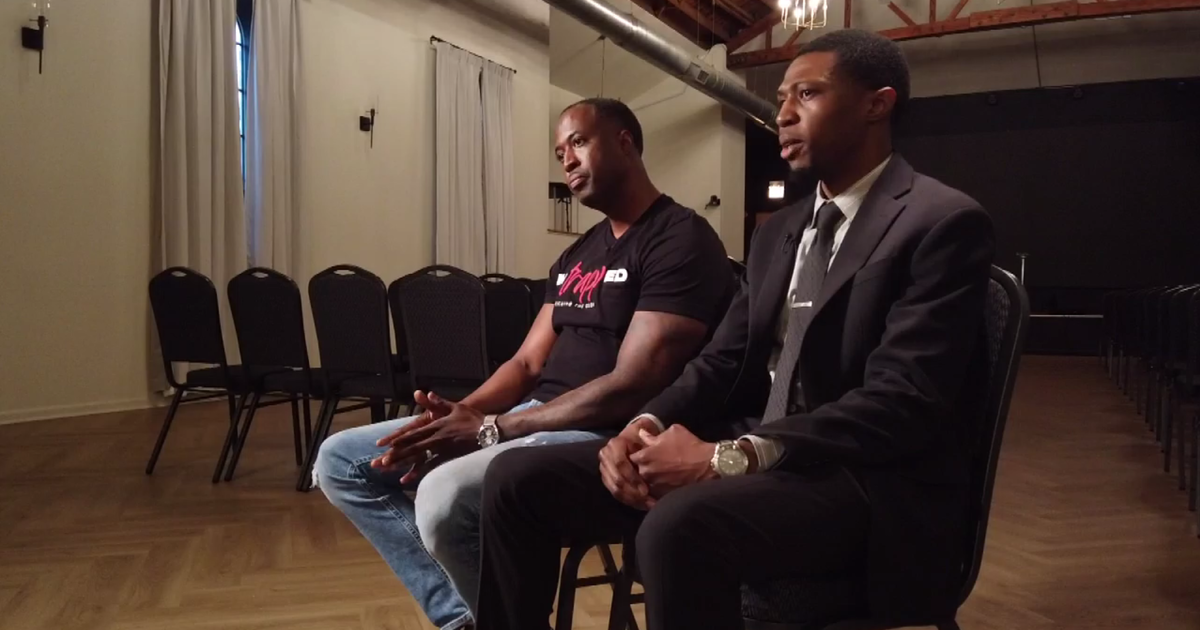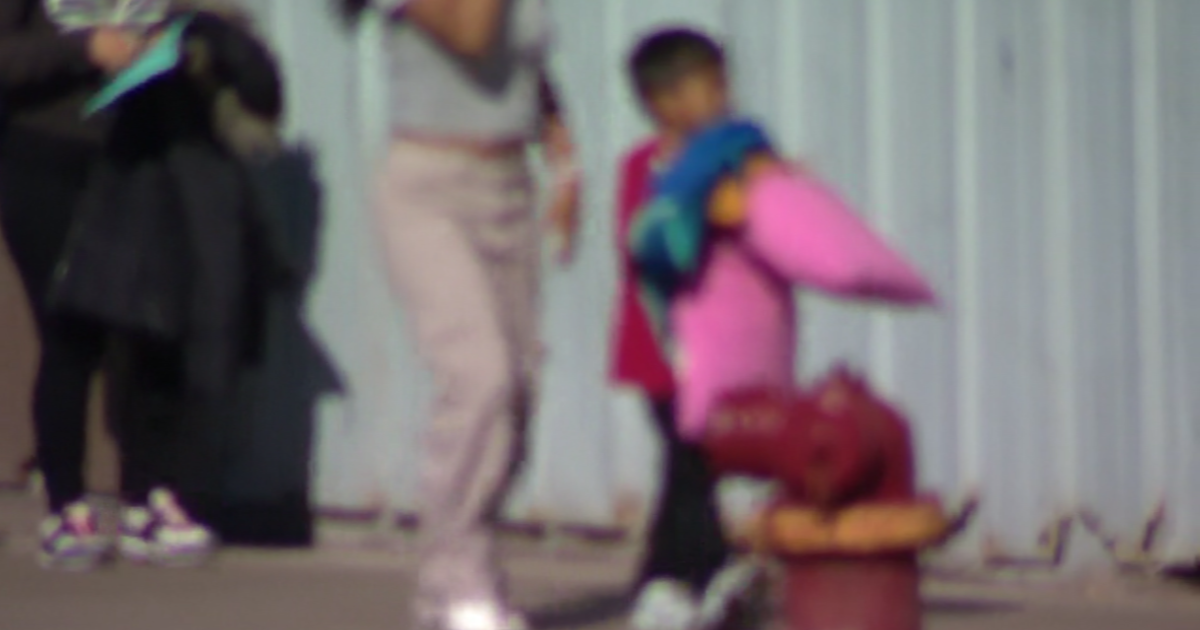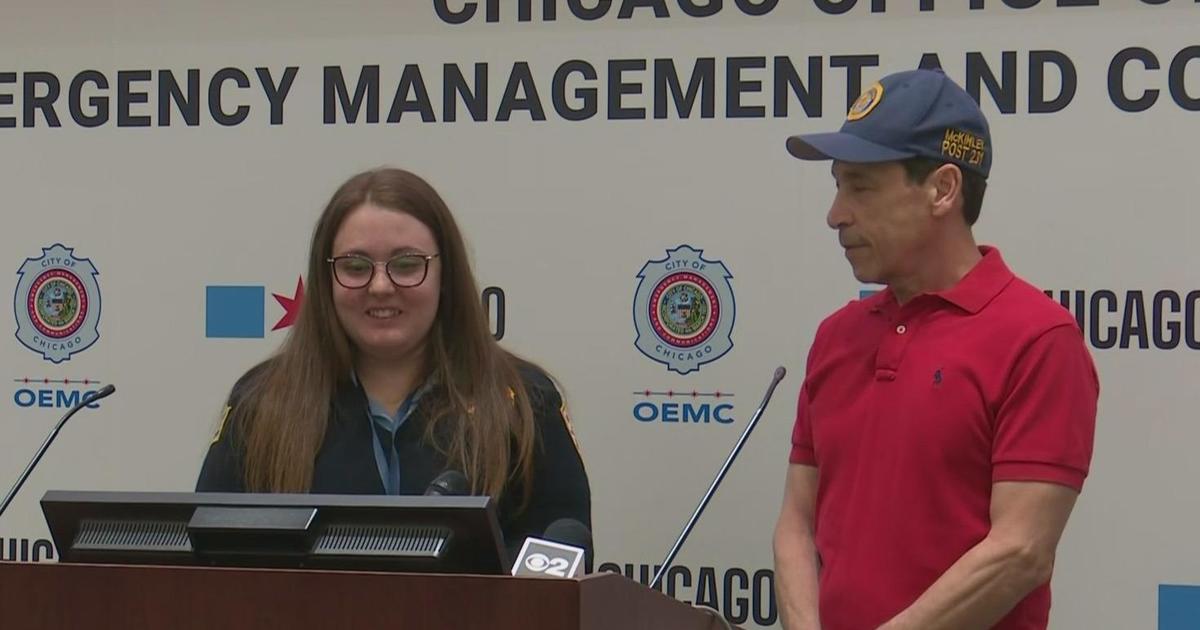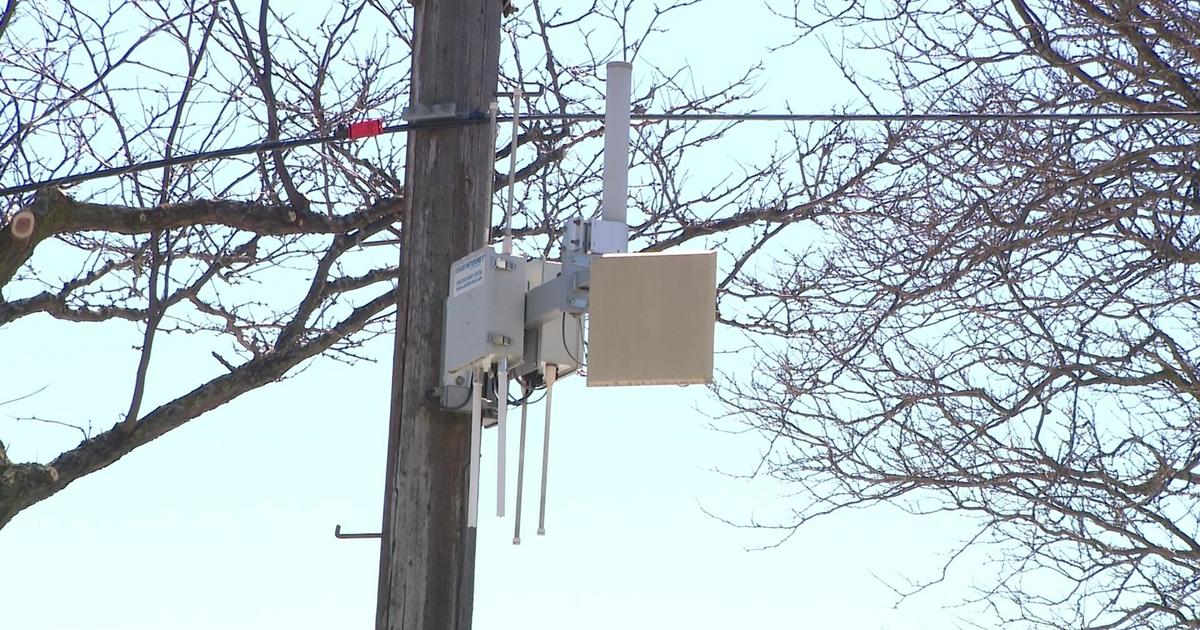Mayor Lori Lightfoot Easing COVID Restrictions On Bars, Restaurants, Fitness Centers, Personal Services
CHICAGO (CBS) -- Chicago restaurants will soon be able to serve more people indoors, and bars that don't serve food will soon be able to resume service inside under loosened COVID-19 restrictions announced by Mayor Lori Lightfoot on Monday.
The city also is easing restrictions for health and fitness clubs and for personal services.
"Being able to open further today is just one small step that we're taking based on what we're seeing in the data," Lightfoot said. "It also means that difficult decisions and sacrifices that we've all had to make are moving us slowly but surely forward."
The mayor said the move comes after the city has seen improving COVID-19 data over the past month, including lower rates of infection and fewer emergency room visits.
"It was because of the citywide cooperation and collaboration that Chicago never saw a huge surge in cases once we started to gently reopen," Lightfoot said. "All the modeling predicted that we would see a surge. The question was only how large, and luckily because of all the hard work and sacrifice of so many, including individual residents, that fate didn't come to us."
The new rules will go into effect on Thursday when indoor capacity at restaurants will be increased from 25% to 40%, with a maximum of 50 people per room and six people per table.
Bars that serve alcohol but not food will be limited to 25% capacity indoors or a maximum of 50 people, whichever is lower. Customers can stay no longer than two hours and cannot order at the bar, only at tables. Bars that don't serve food themselves also must partner with a restaurant or other establishment to make food available to customers at all times through delivery services.
Restaurants and bars that serve alcohol also will be able to stay open until 1:30 a.m. but must stop serving booze at 1 a.m. Liquor stores must still halt alcohol sales at 9 p.m.
Customers at bars and restaurants must continue to wear masks while seated, unless eating or drinking. That means they must wear masks whenever interacting when servers or staff, including when placing orders, when their food or drinks are delivered, and when they're paying their checks.
"I know that this requirement is a pain in the butt. Let's just be blunt about it, but it's absolutely necessary to protect you and protect other diners, and most importantly protect the workers who are coming to your table," Lightfoot said.
In addition to loosening restrictions for bars and restaurants, capacity for health and fitness centers, personal services, and non-essential retail businesses also will increase from 25% to 40%. Maximum group sizes for health and fitness classes and after-school programs will increase from 10 to 15.
The mayor said the city also will allow businesses to resume personal services such as shaves, facials, and other grooming that had been prohibited for months because they required customers to remove their masks. Lightfoot said those services should be limited to 15 minutes or less, and the employee providing the service must wear a mask at all times.
All businesses also must offer hand sanitizer to customers and employees as they enter the establishment.
Lightfoot also announced a city partnership with tech company Tock to provide a free six-month subscription to bars and restaurants without a reservation system to allow them to manage reservations, takeout, delivery and events through a unified system. The mayor said the system can be used to support contact tracing efforts. Restaurants and bars should keep customers' email addresses and/or phone numbers to allow for contact tracing if needed.
The city first began allowing restaurants to serve customers indoors in June but tightened restrictions in July after Chicago's COVID-19 cases started to rise, including requiring bars that don't serve food to shut down indoor service.
"Our businesses have just been devastated by COVID-19," Lightfoot said. "We're at a place where we feel like the public health guidance allows us to take these next steps."
Chicago Department of Public Health Commissioner Dr. Allison Arwady said with the city now seeing declining numbers of coronavirus cases, deaths, and emergency room visits since late August, it is safe to ease business restrictions again. However, she cautioned if the city sees another dangerous rise in COVID cases, officials may have to roll back reopening rules again.
"The hope, of course, is that we will continue to build on the progress that we've all seen over the last month and be able to continue to take steps forward," Arwady said.
Illinois Restaurant Association President Sam Toia praised the decision to loosen restrictions on bars and restaurants, saying 55% of Illinois restaurants have said if things don't change, they'll go out of business in the next six months. Overall, 63% don't expect staffing levels to return to pre-COVID levels for the next six months, according to Toia.
"Mayor Lightfoot and her team have continued to lead the city in a pragmatic way that balances the public health of Chicagoans and the welfare of businesses that drive our economy," he said.
Toia also hailed the Lightfoot administration for the city's efforts to expand outdoor dining options for bars and restaurants this summer and for the design competition encouraging people to help come up with ways for restaurants to safely serve customers outdoors this winter.
"Thanks to the city's balanced approach, Chicago's economy is more open than places like New York and Los Angeles, and our COVID indicators are headed in the right direction," he said.
Arwady said she hopes to raise the capacity limits for most businesses to 50% within a month, "but we would need to see continued at least stability, if not decline, just as we laid out at the beginning of phase four."
As for whether or not Chicago Public Schools would switch from remote learning to in-person classes or some sort of hybrid model in the second quarter in November, Lightfoot said it's too soon to speculate.
"We have to see more progress in order for us, I think, to have a conversation about in-person learning. We're not there yet. I hope that we will continue to see the progress that's ben outlined here today," Lightfoot said.






